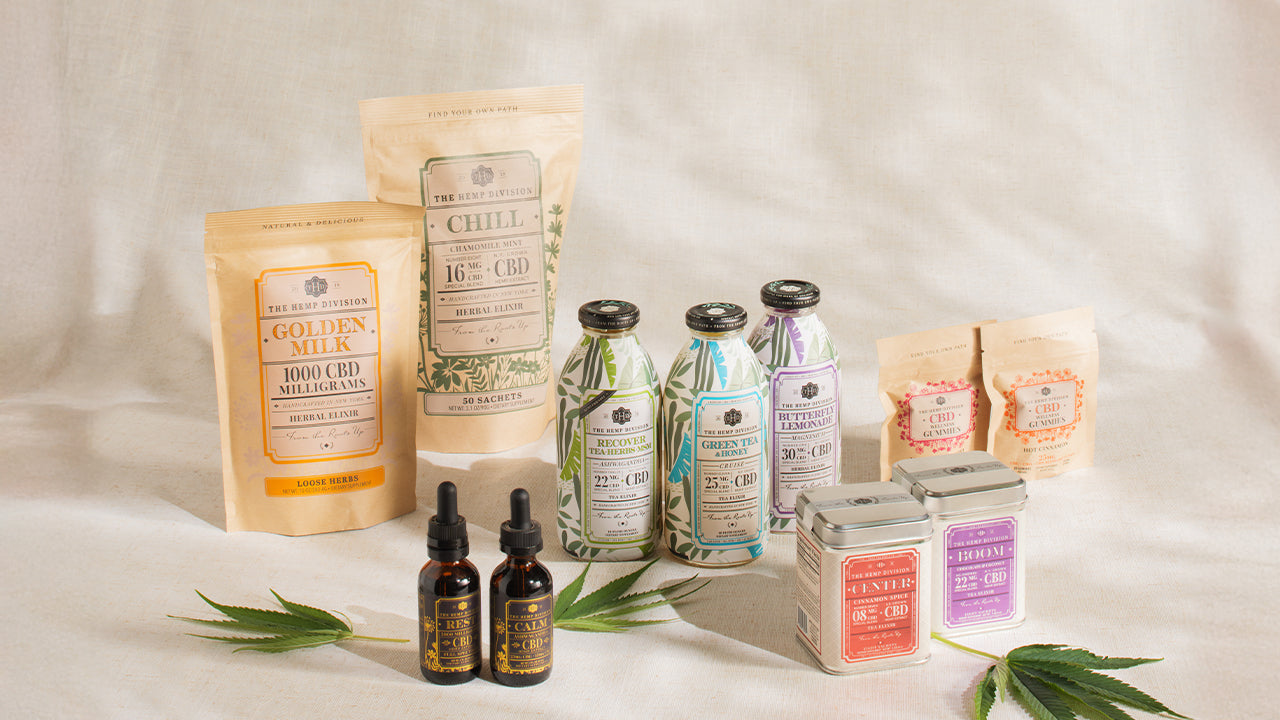
hemp 101
Choose Your Journey: Relaxation, Recreation, or Rest
What health benefits do hemp products provide? As our latest blog explains, it all depends on what you’re looking for. Whether they’re infused with CBD, Delta 9, or both, our beverages, tinctures, ...
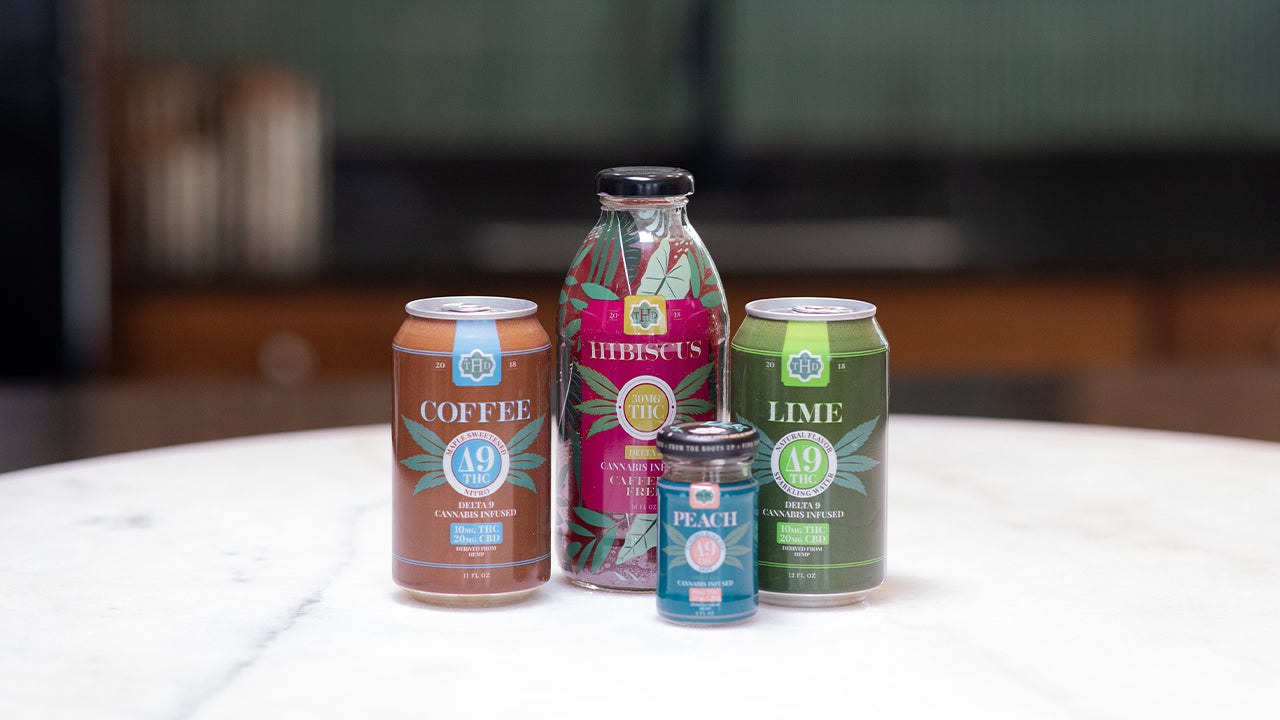
health
Dry January Doesn’t Have to Be Dull
Dry January is more popular than ever. But abstaining from alcohol doesn’t have to mean giving up drinking. For the “California sober” (and the just plain sober sober), our latest blog shares Delta...
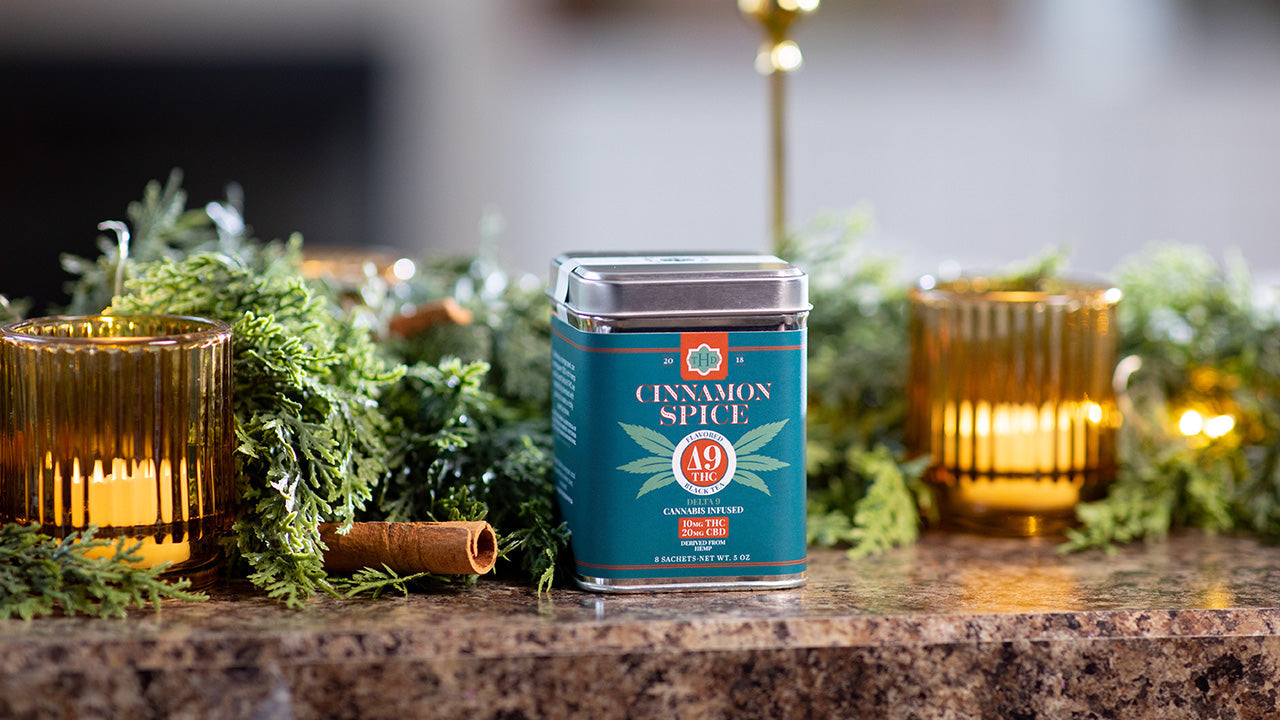
The Dream Team of CBD and Delta-9
Yes, CBD and Delta-9 help control anxiety…but the health benefits go beyond stress relief. In this blog, you’ll learn how these natural compounds, separately and together, can assist with sleep, pa...
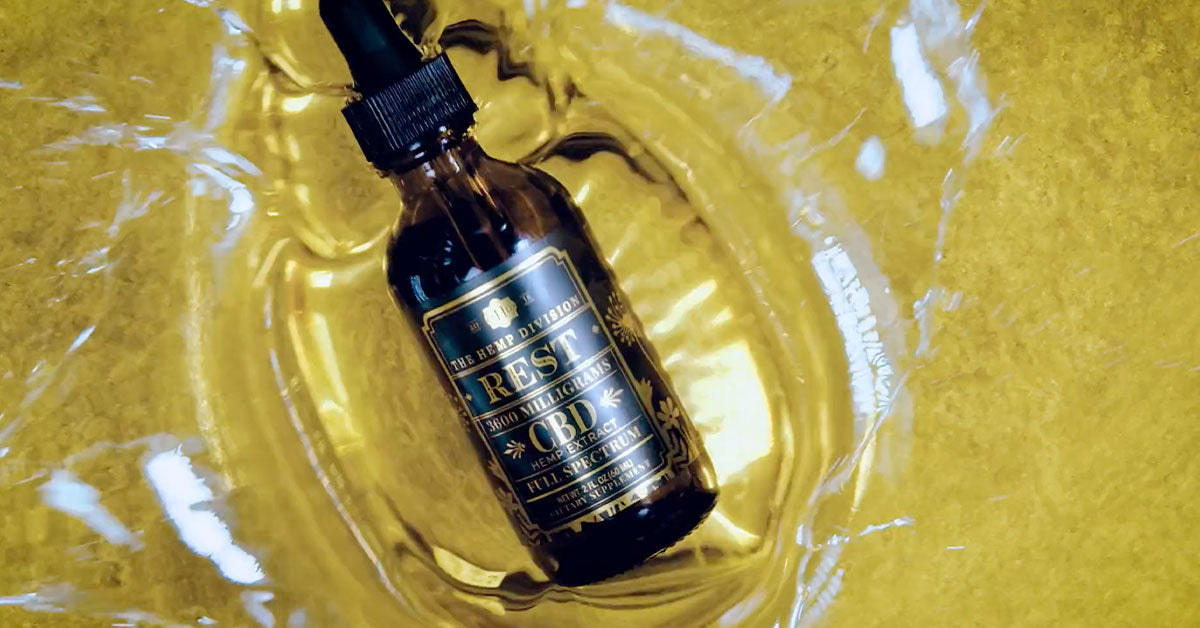
What Can You Mix CBD Tinctures With?
Discover new ways to enjoy CBD tinctures mixed with cocktails and food.

health
Find Your CBD Sweet Spot
Discover how much CBD is right for you through trying different levels to determine what works best for your body and goals.

health
Tips for a Better Night’s Sleep
A good night’s sleep is an important part of our overall well being. Discover ways to get more restful sleep for a better you.
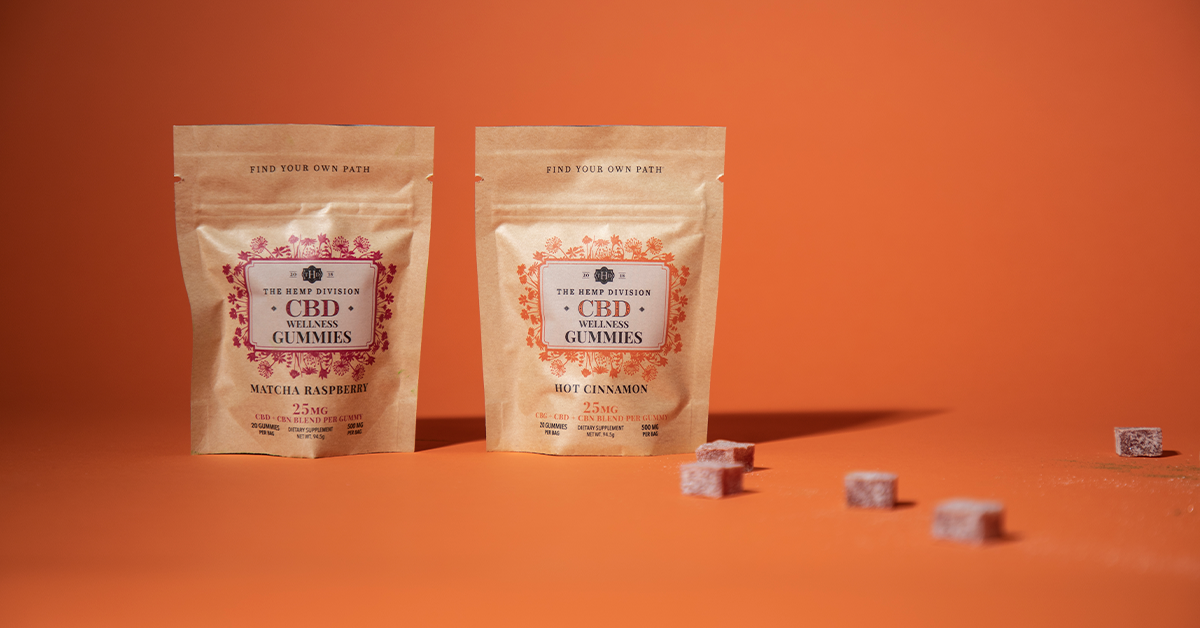
Paul Spills the CBD: Different Types of Cannabinoids
The Hemp Division co-founder Paul Harney talks about two new cannabinoids, CBG and CBN, being used in their new gummies.

health
CBD & Intermittent Fasting
Learn about intermittent fasting, a popular weight-loss method, and the role CBD products can play in its success.
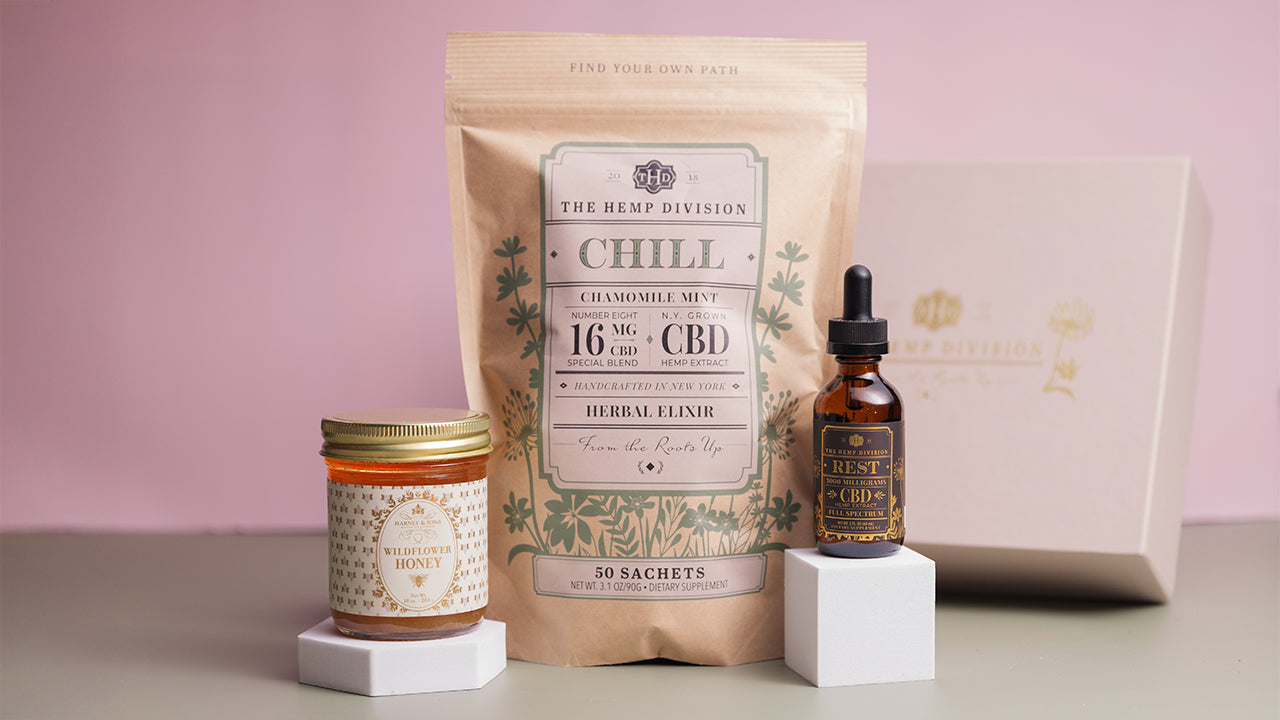
Give the Gift of Rest & Relaxation this Holiday Season
Help your loved ones slow down and recharge with curated gift sets that blend soothing teas, honey, and CBD for calm, rest, and relaxation.

hemp 101
Delta-9 Decoded: Hemp vs Marijuana
See how Delta-9 from hemp and marijuana stacks up, explore the effects, and pick your perfect match without the guesswork.
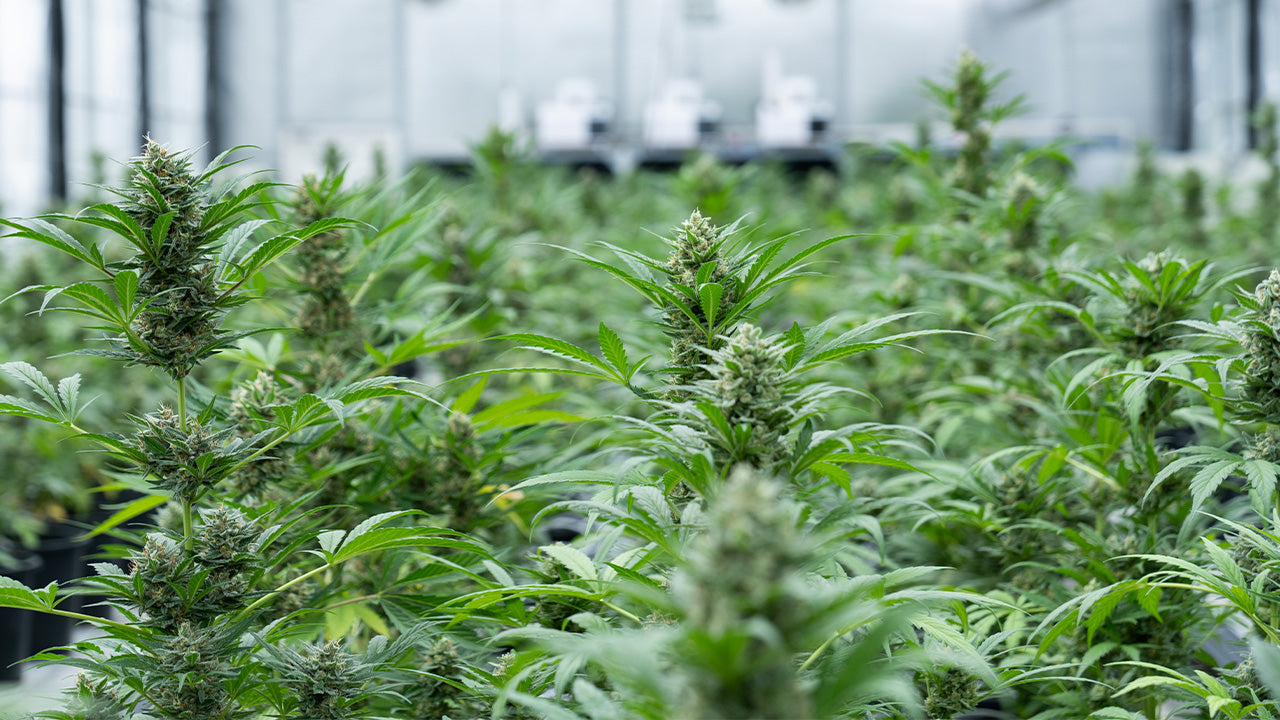
hemp 101
Delta-8 vs Delta-9: Your Roadmap to Hemp-Derived THC
Confused about Delta-8 vs Delta-9 THC? We’re here to help you navigate the differences in potency, effects, and production — plus, discover THD’s premium Delta-9 products.

Find Your Fit: Which Delta-9 Product Matches Your Lifestyle?
Explore The Hemp Division’s complete Delta-9 collection and discover the perfect products to match your lifestyle and daily routine.
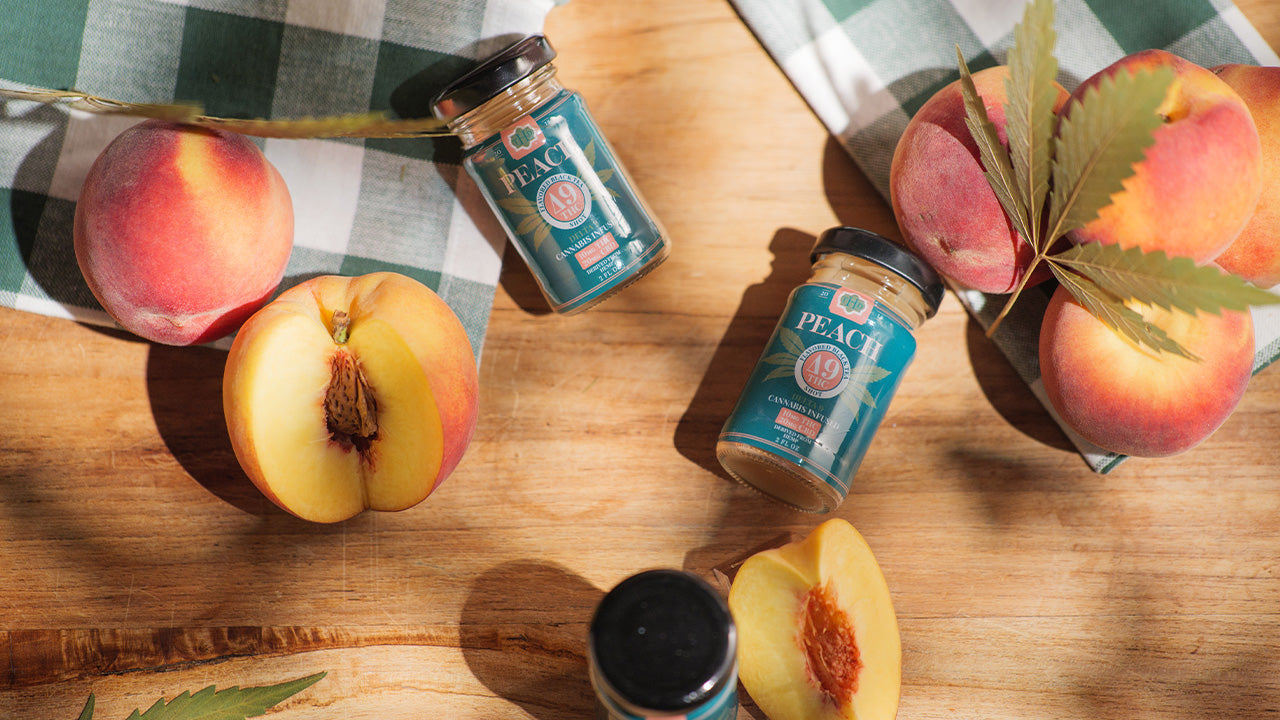
CBD in the Kitchen
Your easy guide to experimenting with CBD in the kitchen. Discover which foods and drinks pair best with tinctures and how to use them for a little extra calm.

explore
CBD & Delta-9: The Perfect Wellness Duo
Some things are just better together. Explore how CBD and Delta-9 complement each other to create a balanced, elevated wellness experience.

explore
To THC or to CBD, That is the Question
Learn the difference between CBD and Delta-9. Whichever fits your vibe, The Hemp Division has you covered with wellness teas, cold drinks, and more to match your mood.
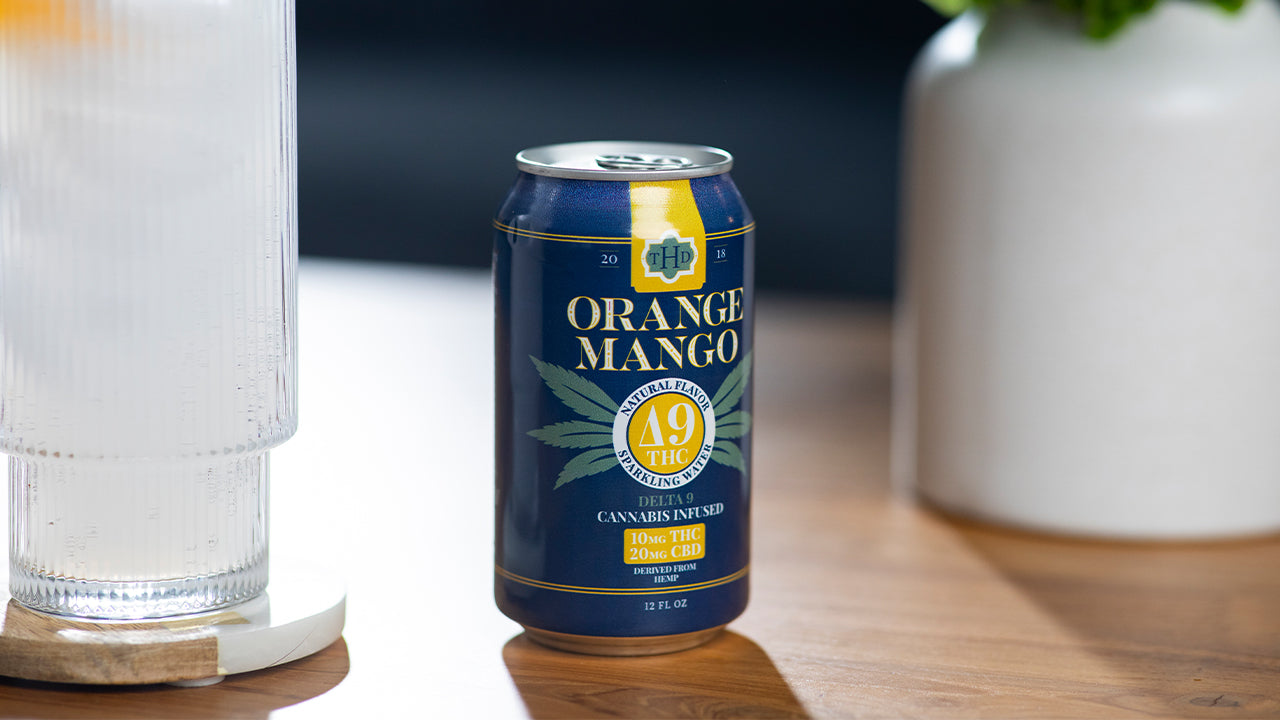
hemp 101
Elevate Your Day With Delta-9
As cannabis culture continues to grow, so does the demand for variety, quality, and more refined experiences. The Hemp Division’s Delta-9 collection delivers on all fronts: bold flavor, functional ...
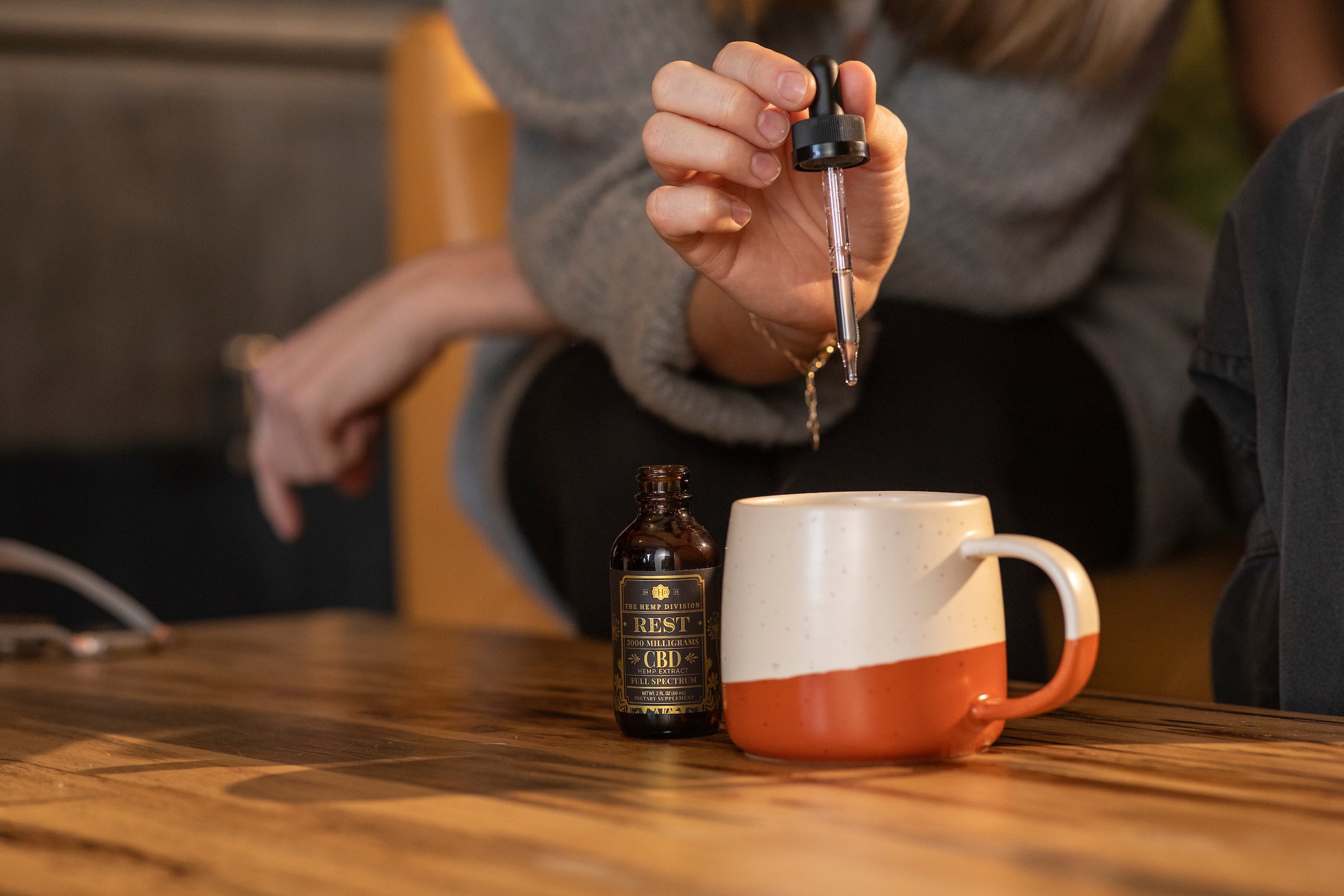
Spring Awakening: Using CBD & Delta-9 for a Seasonal Refresh
Spring into Wellness with CBD & Delta-9
As the days grow longer and the air fills with the scent of blooming flowers, many of us feel an urge to refresh our routines—whether it’s through sprin...
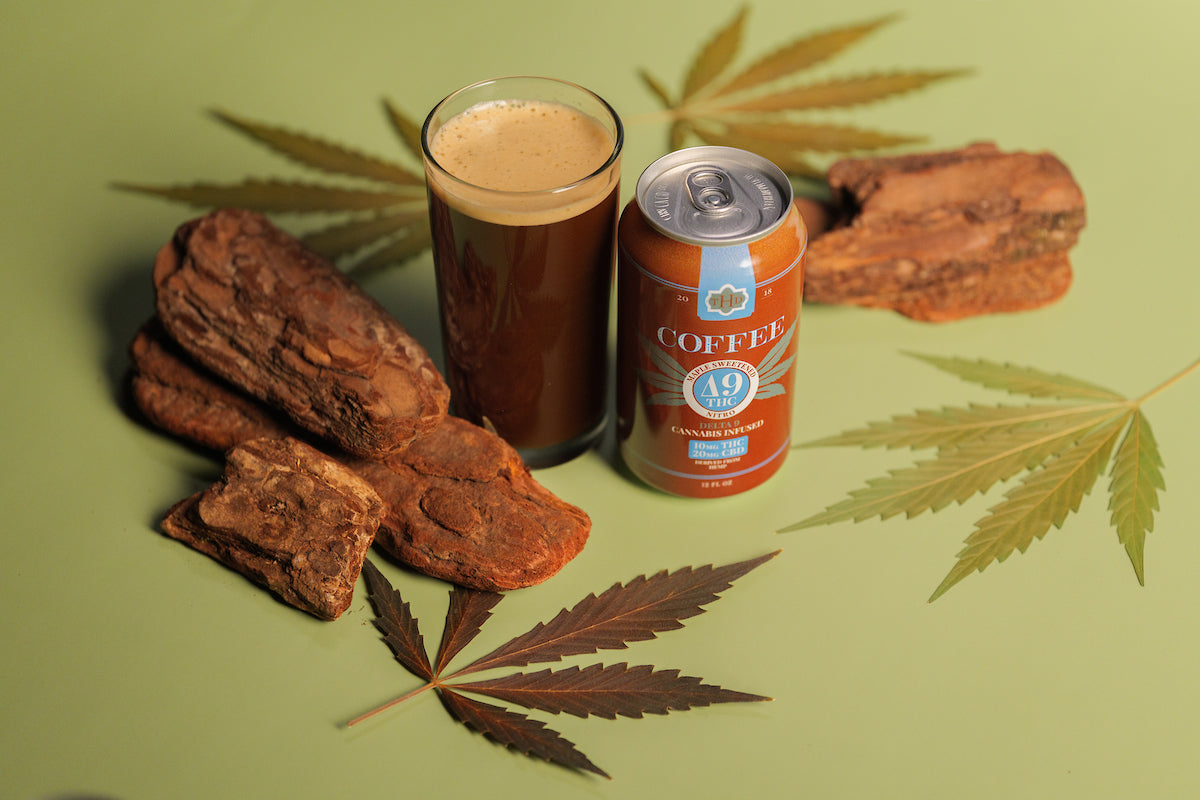
Dry January
The start of a new year is the perfect time to set fresh intentions, and for many, that means participating in Dry January—a month dedicated to taking a break from alcohol. Whether you’re motivated...
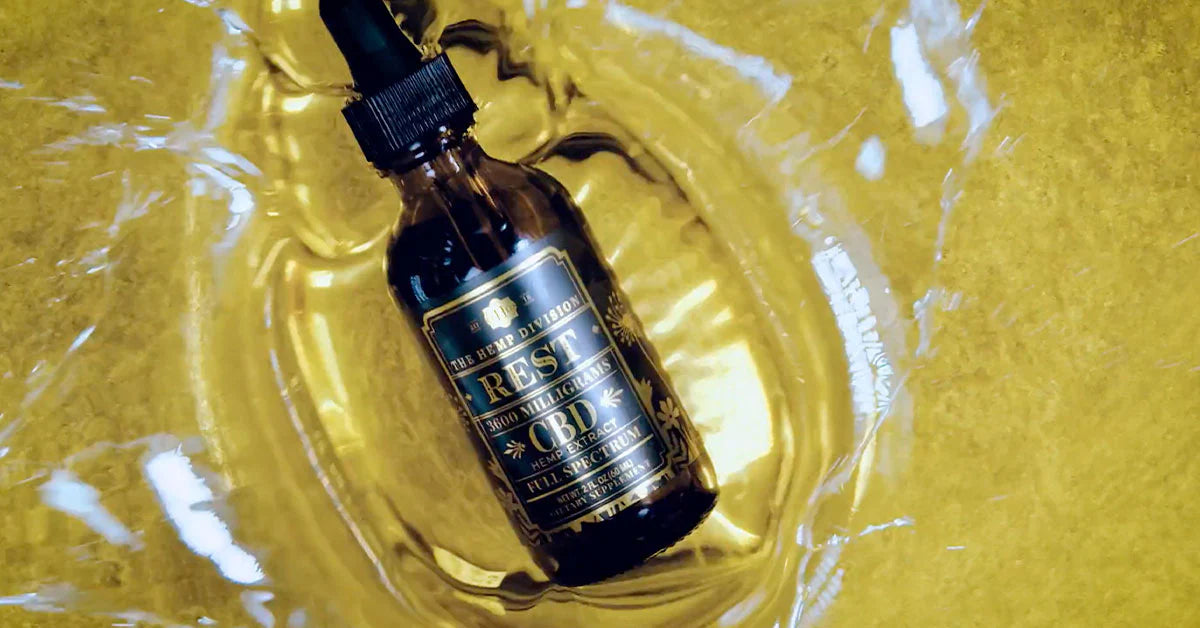
What Can You Mix CBD Tinctures With?
Discover new ways to enjoy CBD tinctures mixed with cocktails and food.
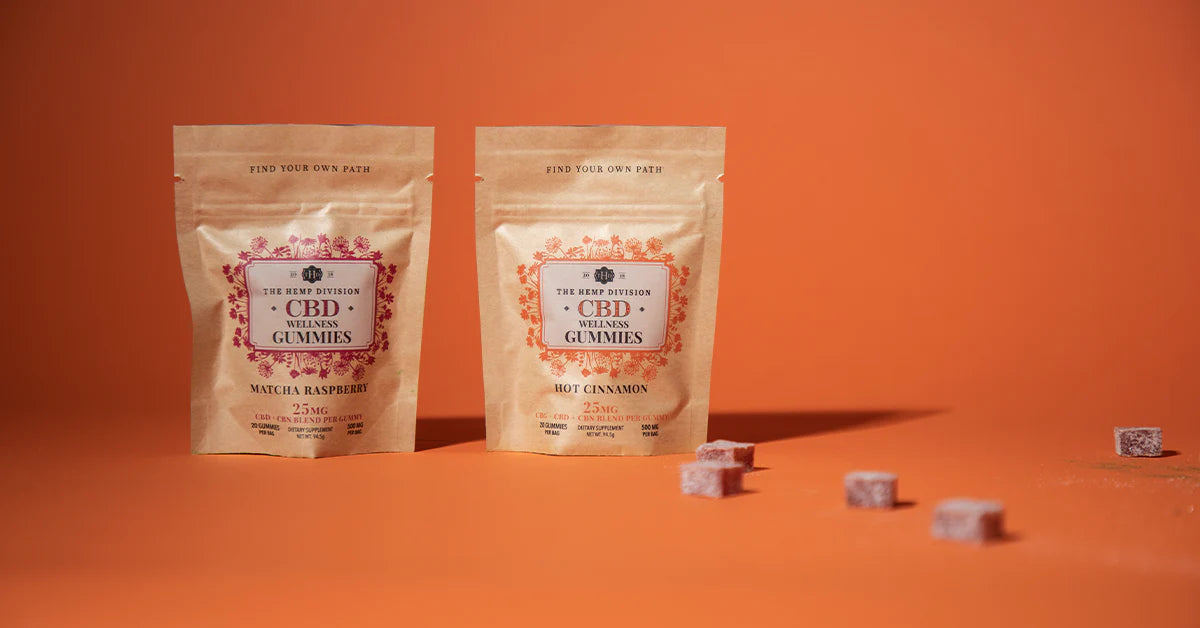
Paul Spills the CBD: Different Types of Cannabinoids
The Hemp Division co-founder Paul Harney talks about two new cannabinoids, CBG and CBN, being used in their new gummies.
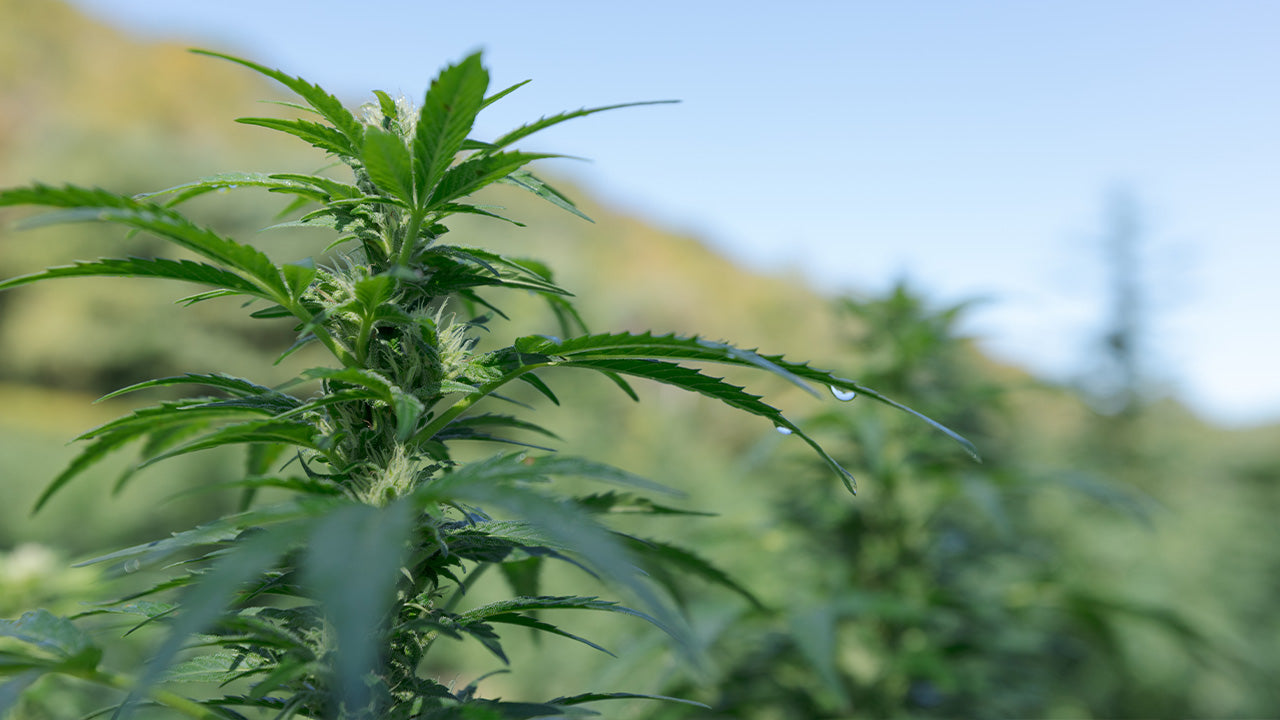
Paul Spills the CBD: How CBD Is Made
Curious about how CBD is made? The Hemp Division co-founder Paul Harney lays it out from seed to finished product.
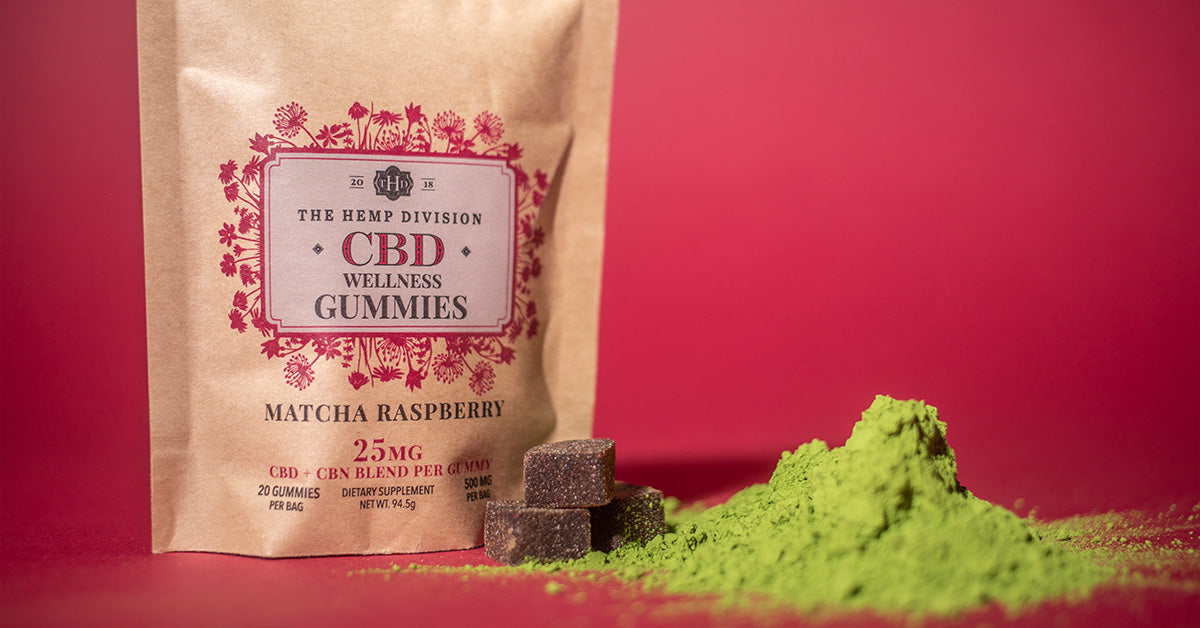
health
Can CBD Gummies Help Reduce Pain?
We answer the frequently asked question “Can CBD gummies help reduce pain?”

Mardi Gras the CBD Way
Our CBD shots and Sparkling Elixirs are a great way to celebrate Mardi Gras in a healthy yet festive fashion.
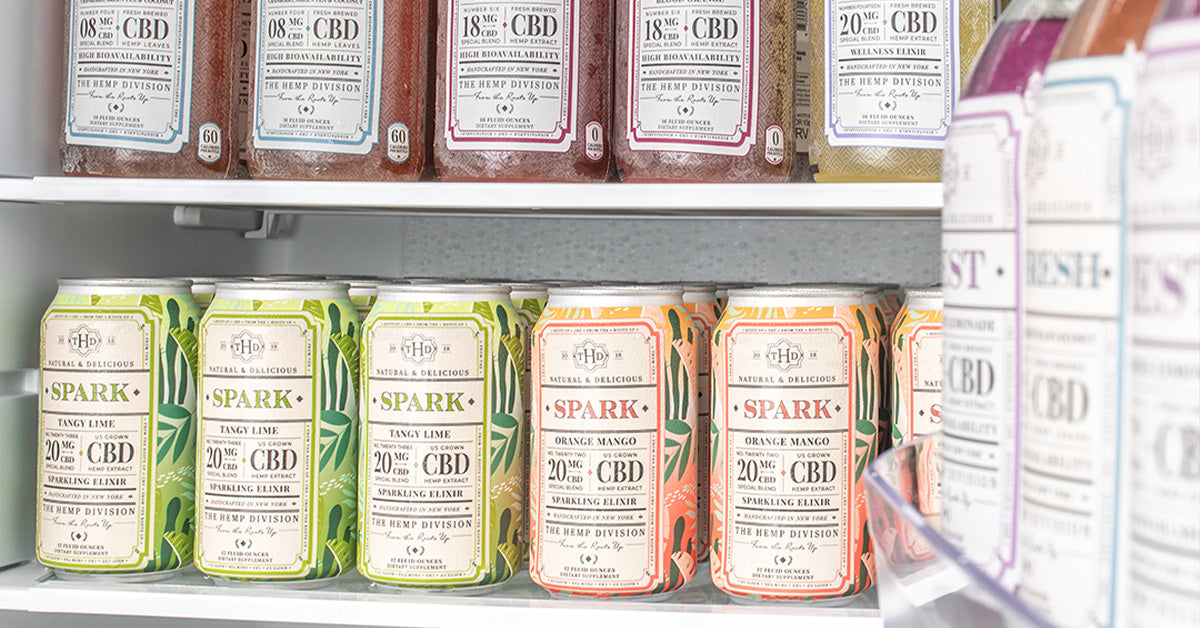
wellness
Which CBD Dosage Is Right for Me?
Discover how much CBD is right for you by trying different levels to determine what works best for your body and goals.
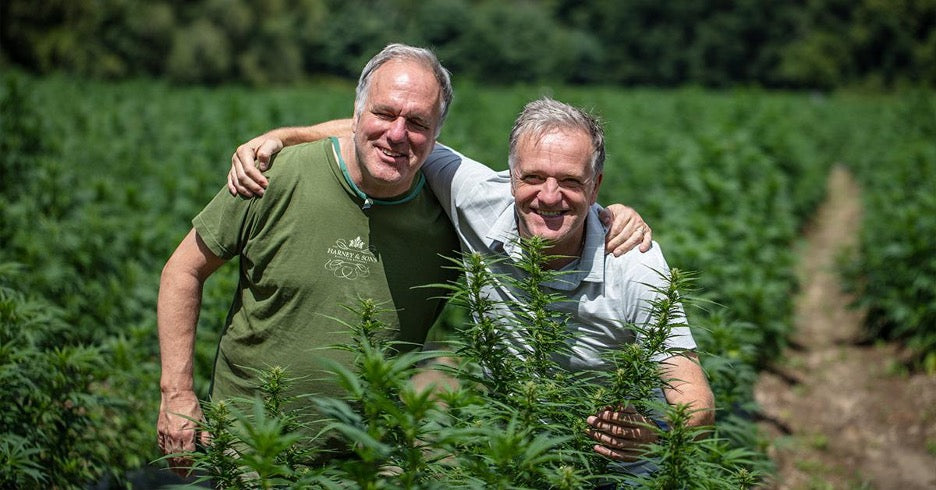
hemp 101
Paul Spills the CBD: New to CBD
New to CBD? The Hemp Division co-founder Paul Harney answers frequently asked questions about CBD.

health
Does CBD Help You Sleep?
Discover how CBD could help you sleep better and how it works compared to other sleep aids, plus find products to help you get better rest.
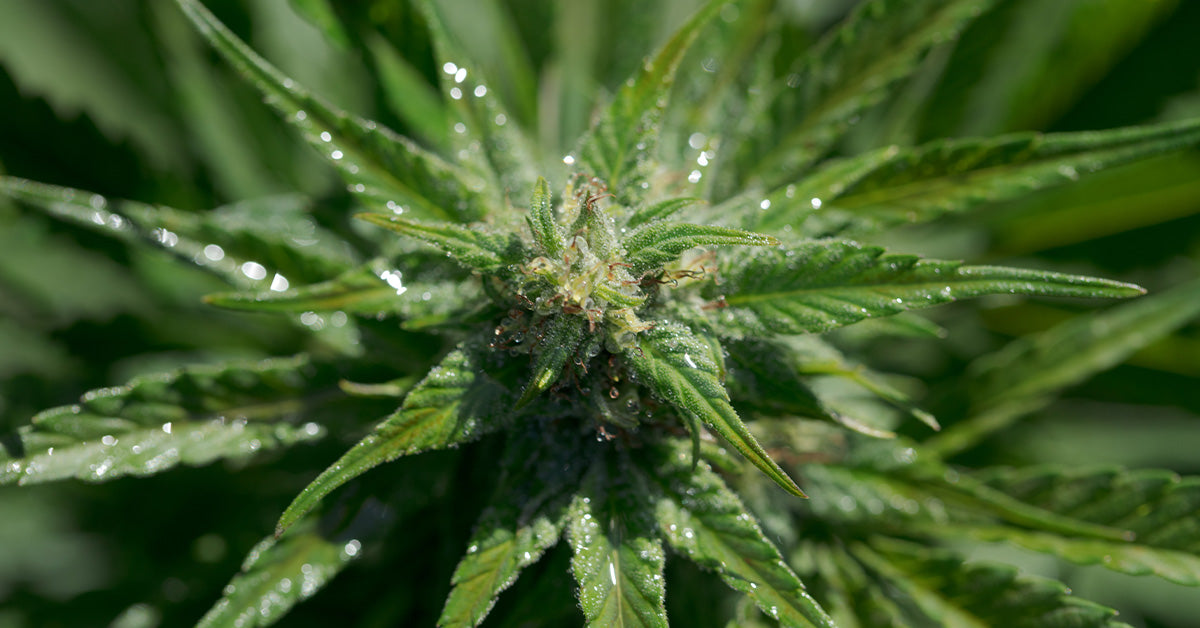
CBD & THC: What’s the Difference?
Learn the important differences between CBD and THC, both cannabinoids of the cannabis plant but with different chemical properties.

activity
National CBD Day Party Tips
Throw a CBD-themed party on National CBD Day with these great tips.
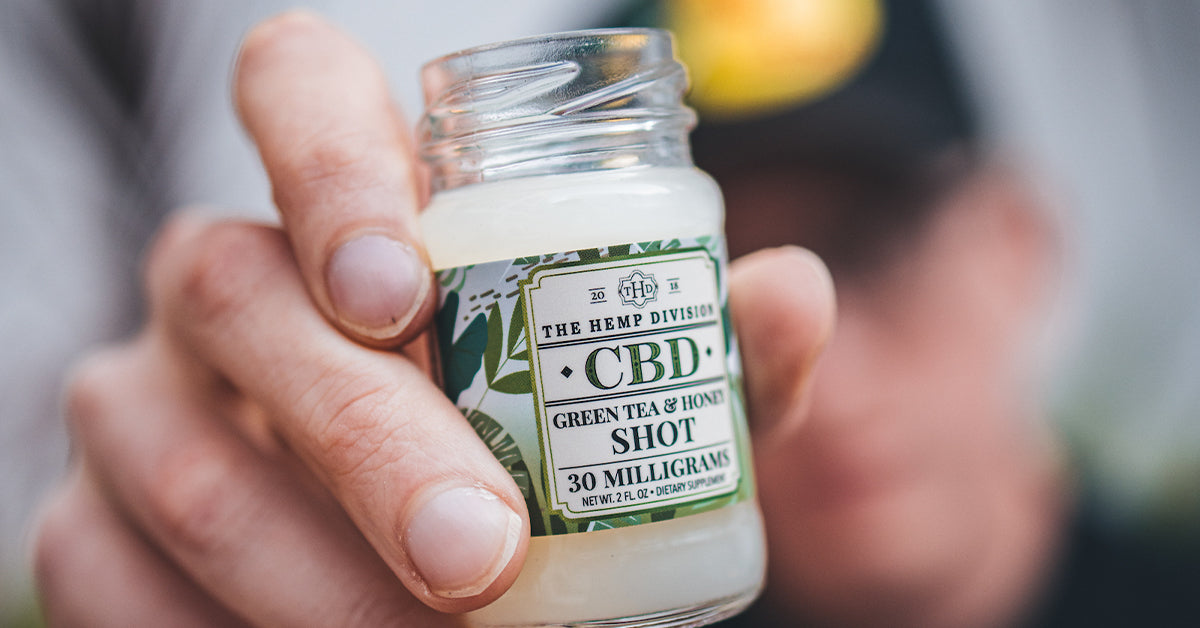
hemp 101
How Often Can You Use CBD?
Get some tips on how you can figure out how often and how much CBD you can use.
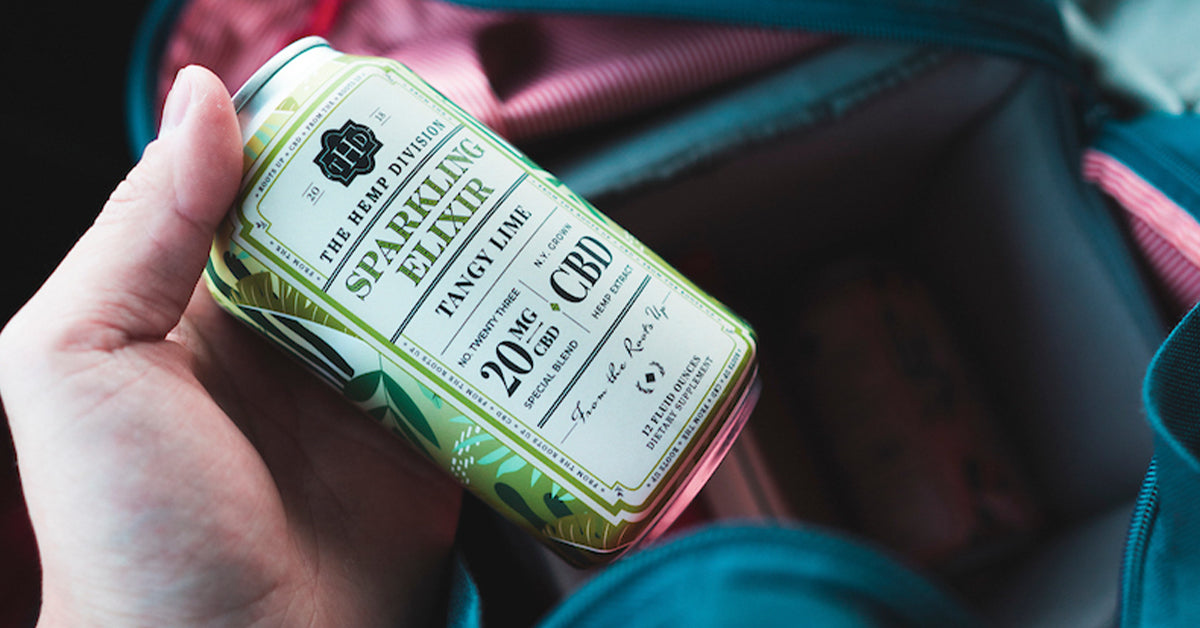
activity
Does CBD Have Recovery Benefits for Working Out?
Learn why CBD’s anti-inflammatory properties can help your post-workout recovery.

health
Paul Spills The CBD
The Hemp Division co-founder Paul Harney answers some of the most frequently asked questions about CBD.
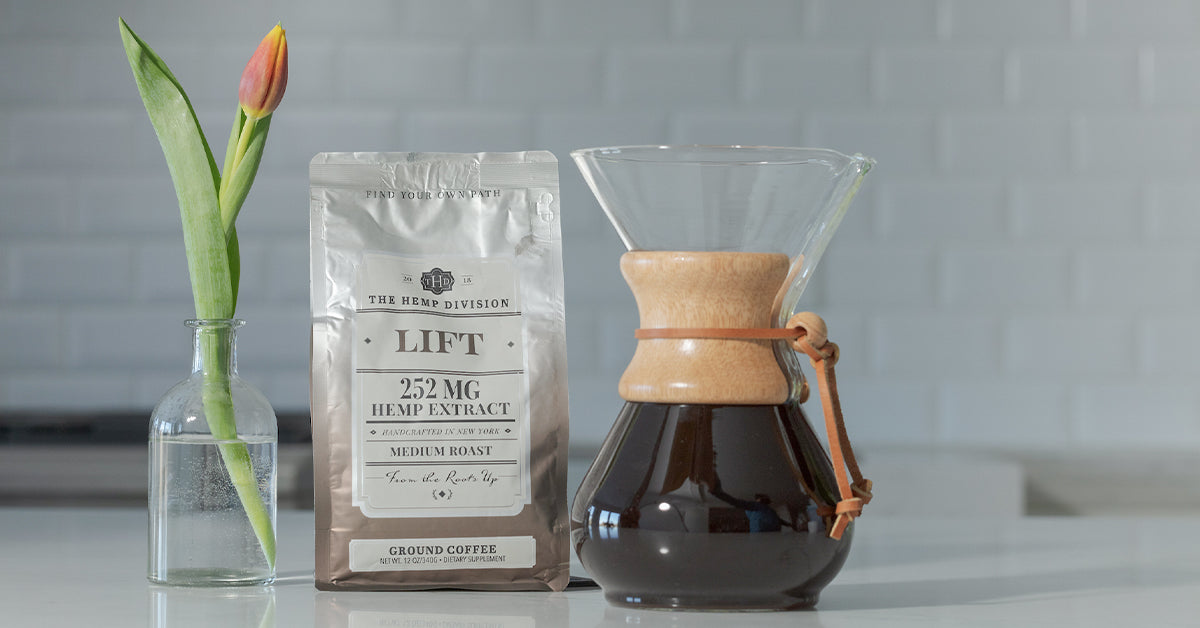
health
The Benefits of CBD & Caffeine
Discover the benefits of combining CBD with your favorite caffeinated beverage.
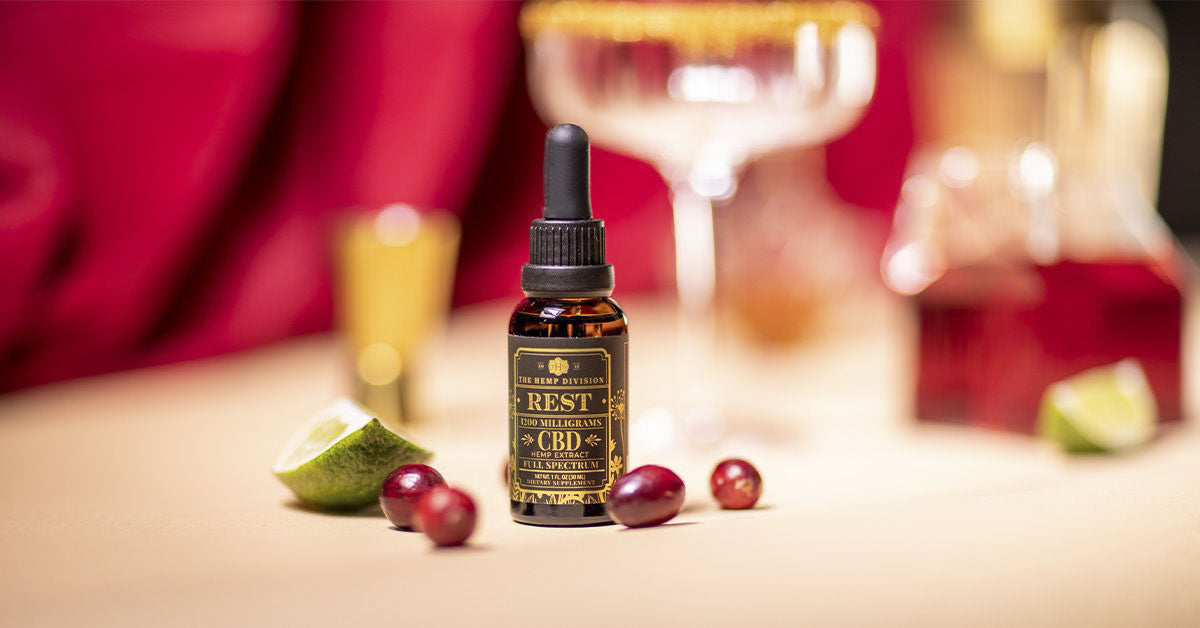
recipe
CBD Infused Cocktail Recipes | The Hemp Division
These Moscow Mule and Cranberry Margarita recipes get a healthful kick with the addition of all-natural CBD tinctures.

recipe
Soba Buckwheat Cookies
We’ve added our CBD-infused soba buckwheat elixir to these traditional Japanese soba buckwheat cookies for a hemp twist.
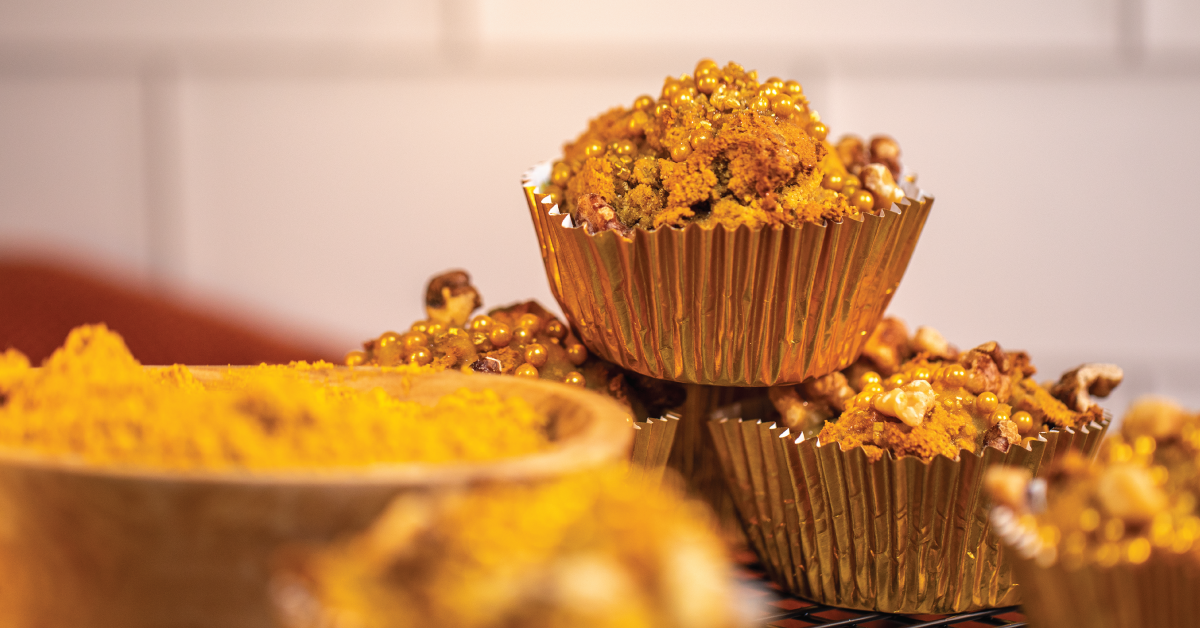
recipe
Golden Milk Muffins
Bake these wonderful vegan muffins, made with our Golden Milk Powder full of adaptogens and spices.
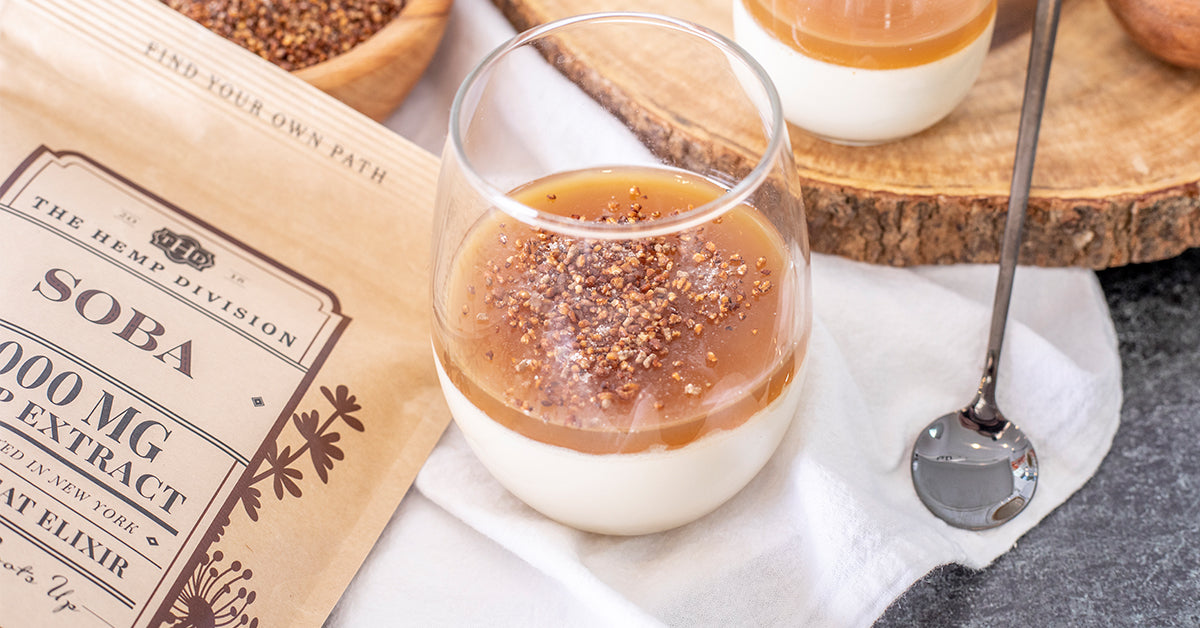
recipe
Soba Buckwheat Panna Cotta
Ever had Panna Cotta? Ever tried making it? Now you can make this delicious dessert at home with our Soba Buckwheat Elixir, which has the added oomph of our CBD hemp extract. Grab a bag and follow ...

CBD Hot Toddy Recipe
There is nothing like a hot toddy on a cold winter’s evening. Whiskey, spices, honey, lemon and at the center of ours: Center CBD tea with cinnamon spices.
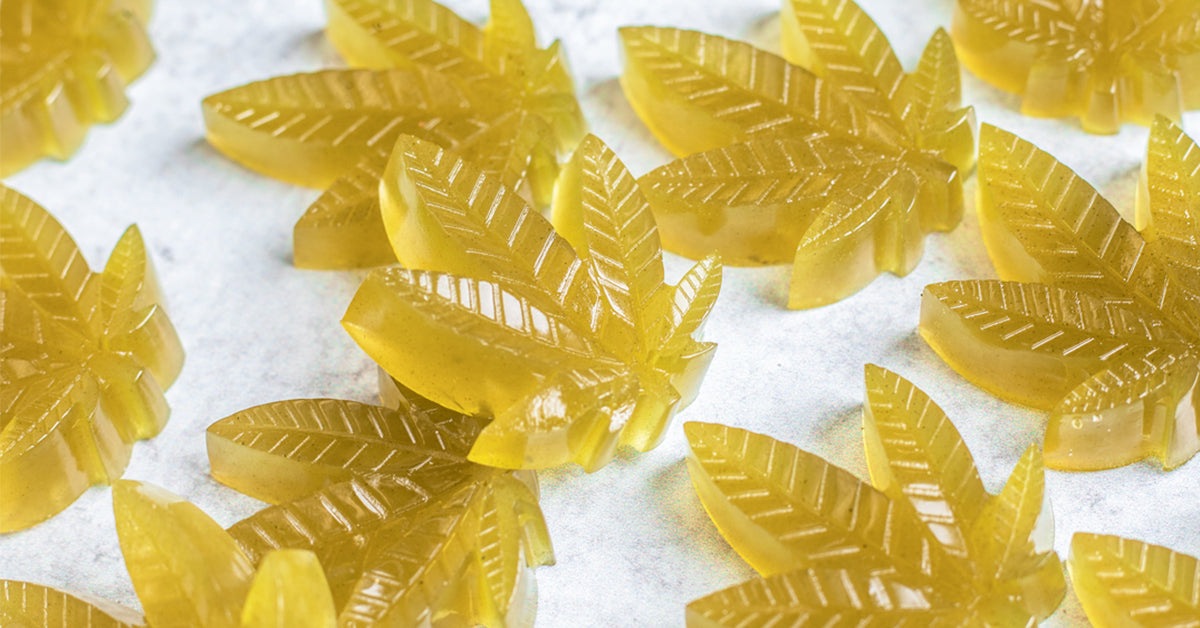
Recipe
CBD Gummy Recipe
Bring something fresh, all-natural and unique to your gift-giving game with homemade CBD gummies. We’ll take you step-by-step through the recipe.
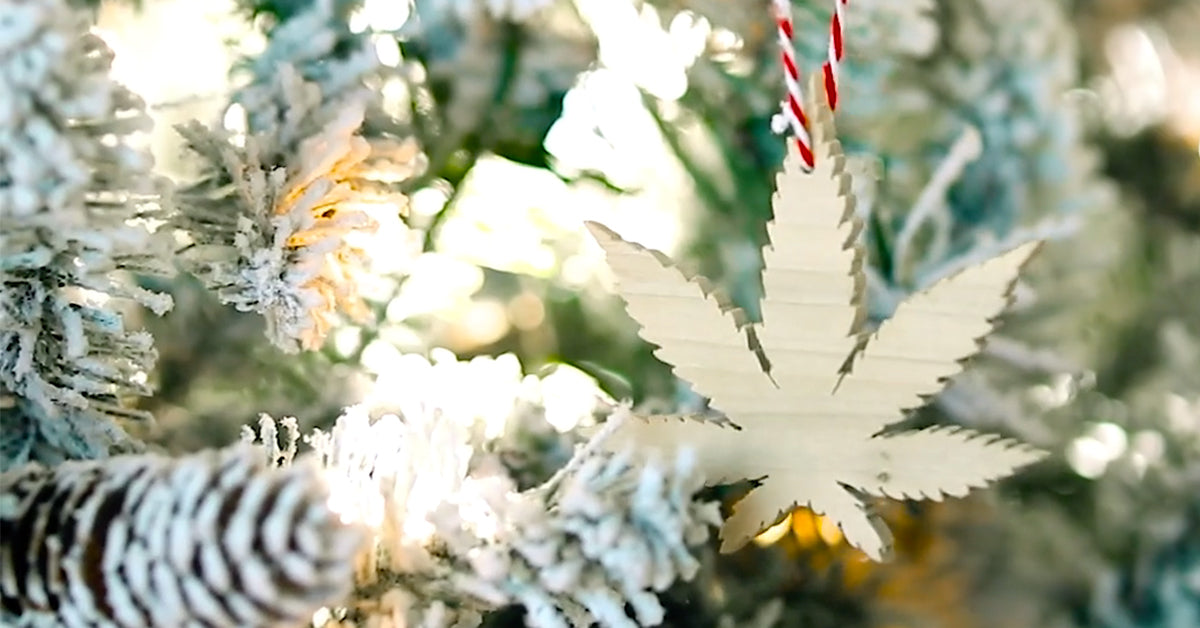
DIY Wood Hemp Leaf Ornament
Show off your hemp love this holiday season by making your own hemp leaf ornament. Download the template to get busy creating this cool gift. And please, practice safe scroll sawing at all times!

recipe
CBD Peppermint Cookies
CBD tea and cookies? Yes, please! You can make these delicious peppermint tea cookies with Chill CBD hot tea.
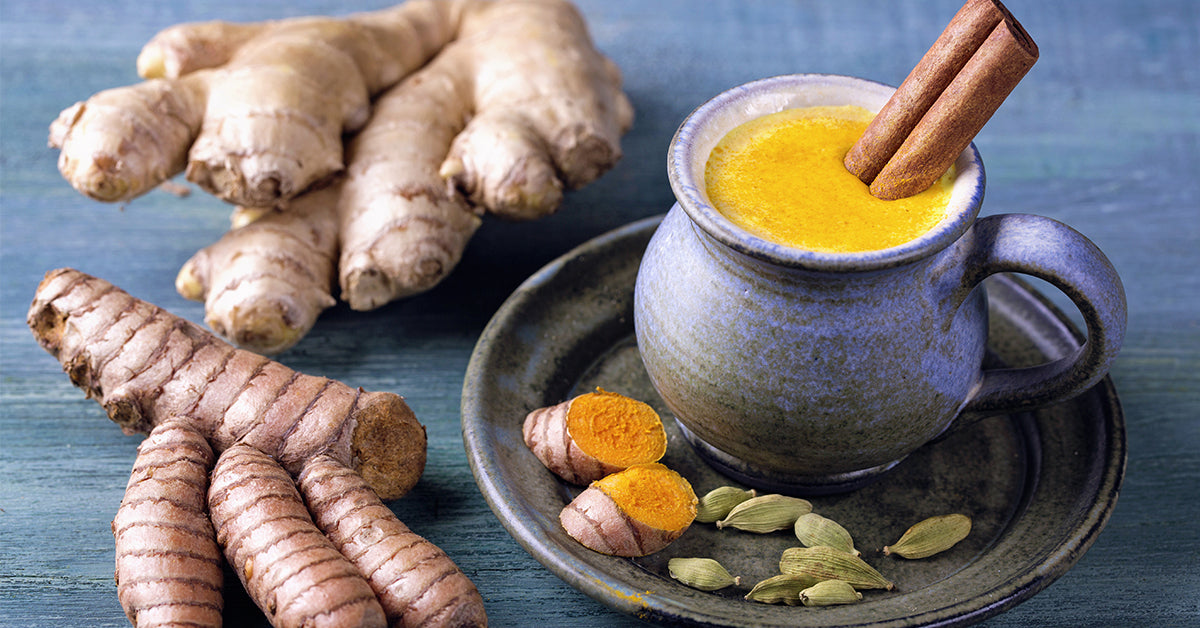
Golden Milk Latte
Learn about the healthy ingredients and CBD in our Golden Milk and how to make a delicious Golden Milk Latte at home.
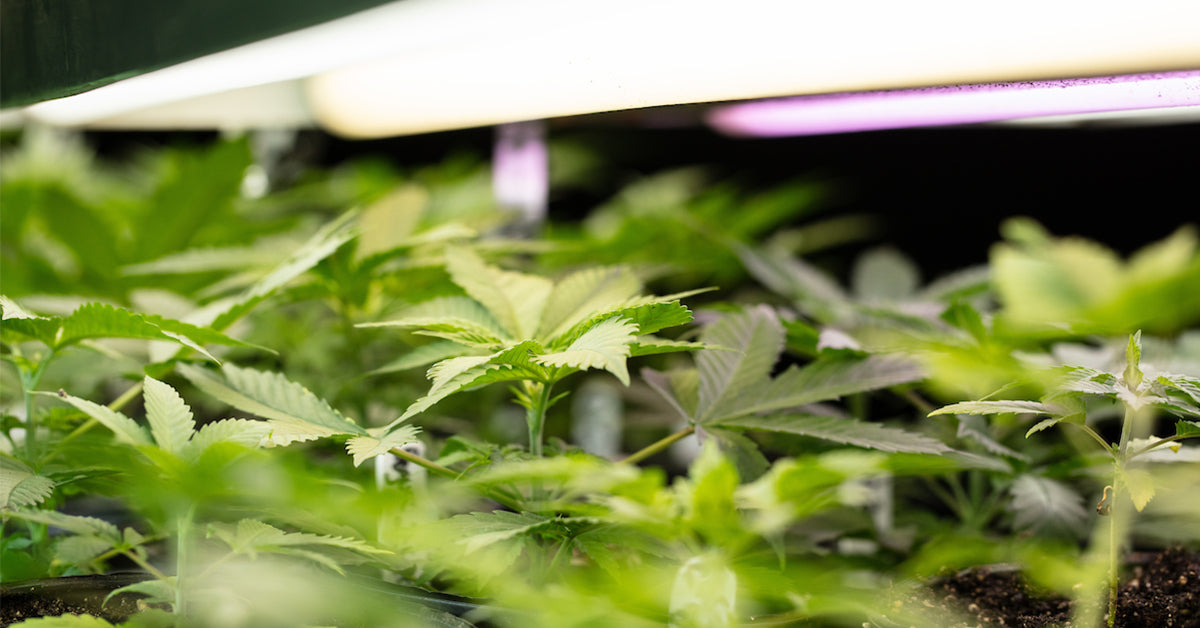
Growing
Fact or Fiction?
There’s a lot of misinformation and questions about CBD. We bust some myths and separate the CBD fact from the fiction.

activity
Let’s Go Geocaching!
Geocaching is the world’s largest treasure hunt and a great activity to get everyone outside and exploring the world around them.
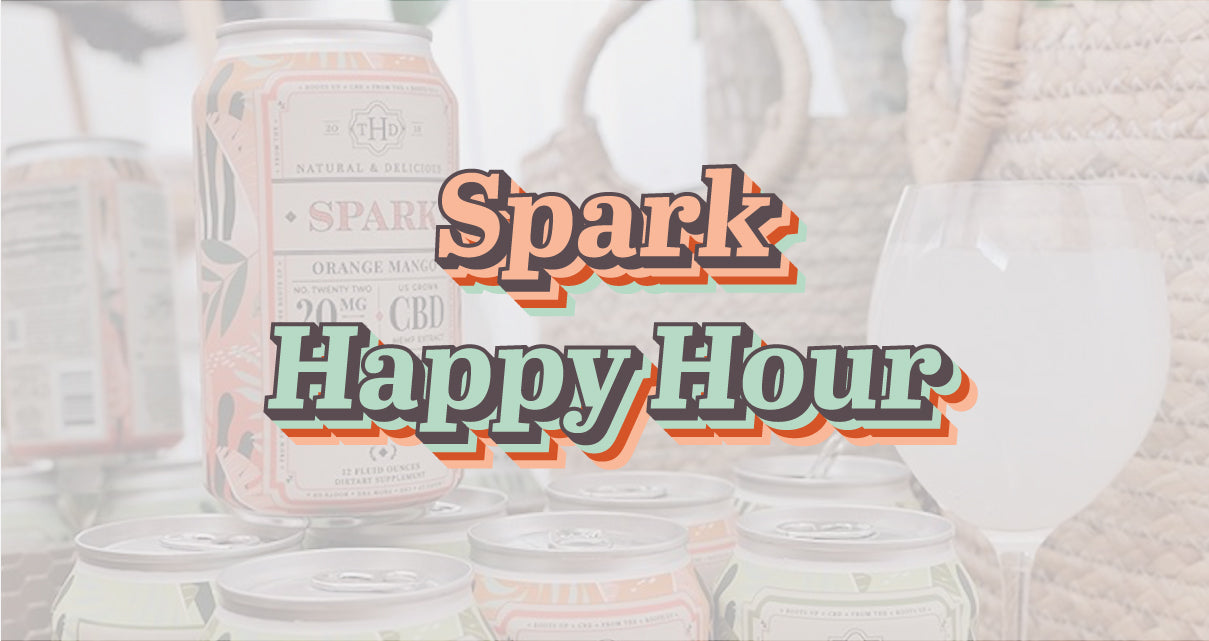
recipe
Spark Happy Hour
For six weeks, we’ll be featuring a different cocktail created specifically for The Hemp Division by wellness chef Pete Ghione.
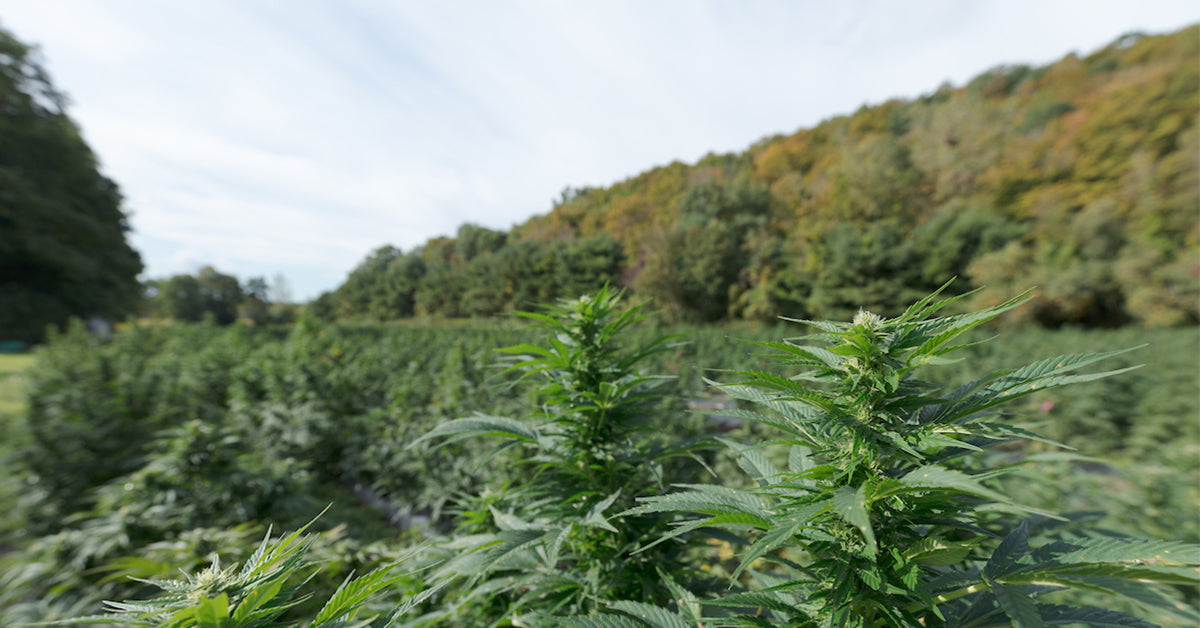
Fields
THD and CBD from Start to Finish
From hemp plants grown in our fields to the final all-natural products, discover how The Hemp Division creates products from the roots up.
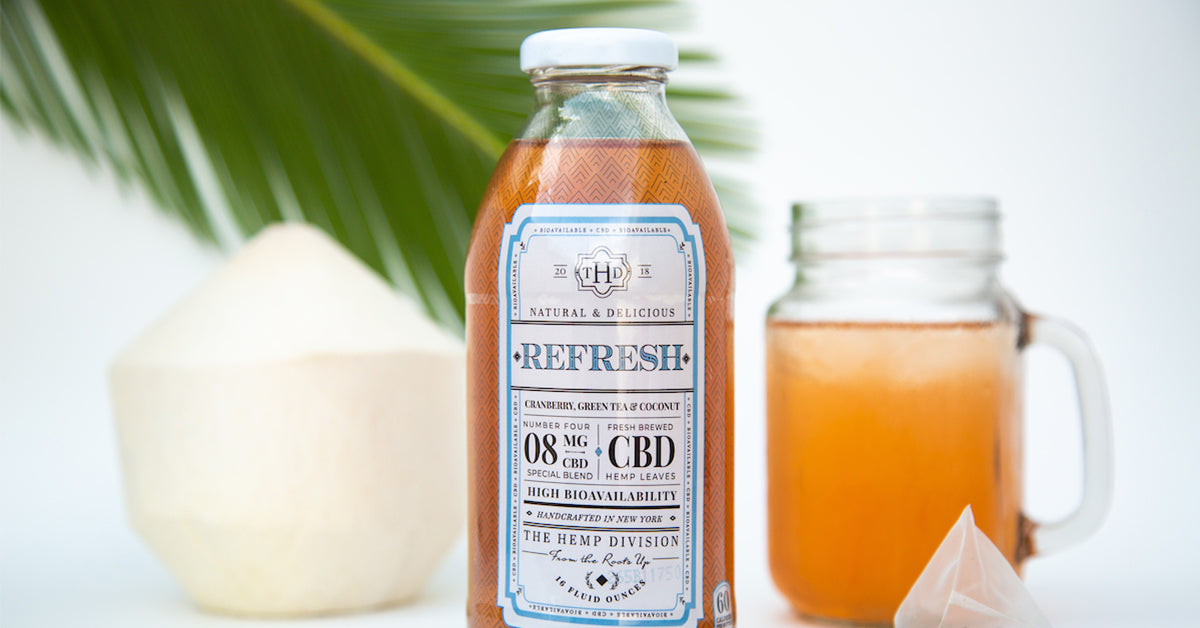
Staying Cool: Summer Cocktails and Mocktails
Give your favorite (or new) summer cocktails and mocktails a healthful boost with all-natural CBD teas and sparkling elixirs.

Keep Calm & Hemp On
Hemp teas are a wonderful way to help reduce stress and anxiety. Discover which teas are heroes at calming nerves and helping with sleep.
